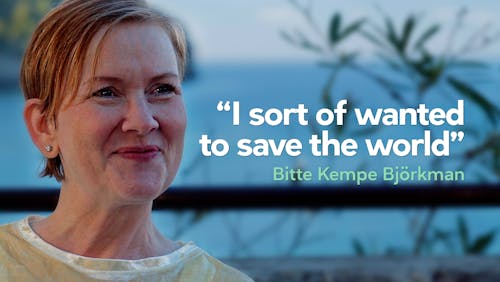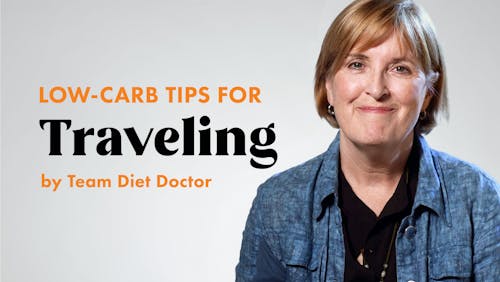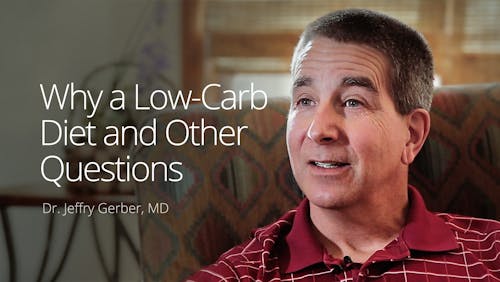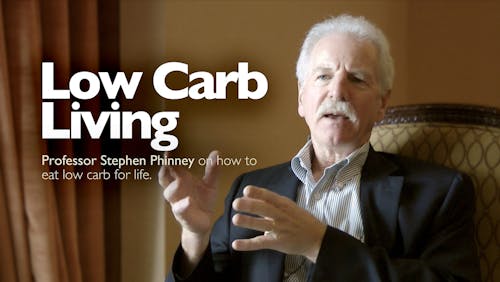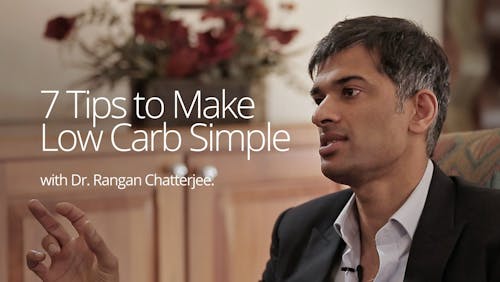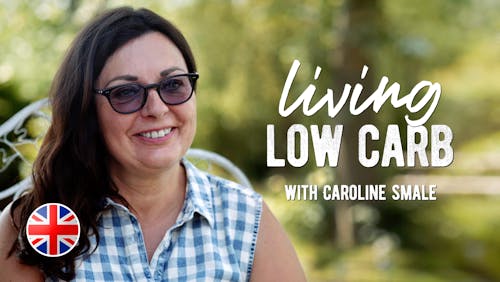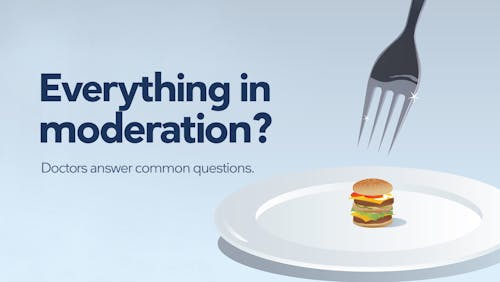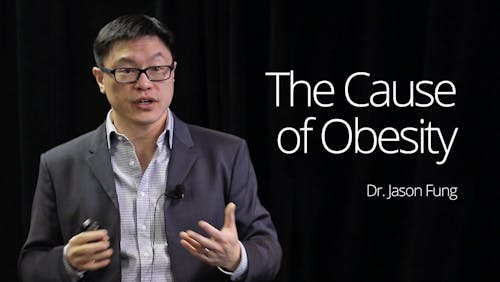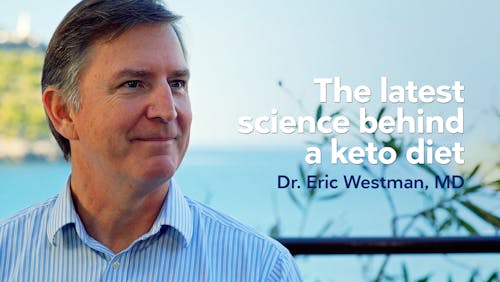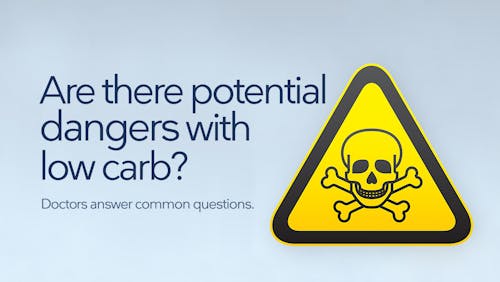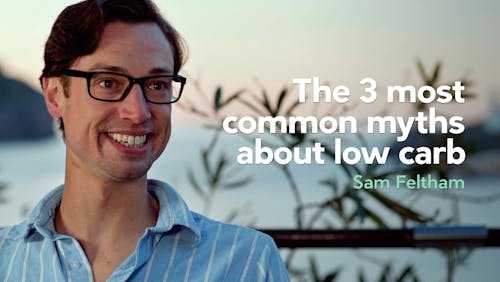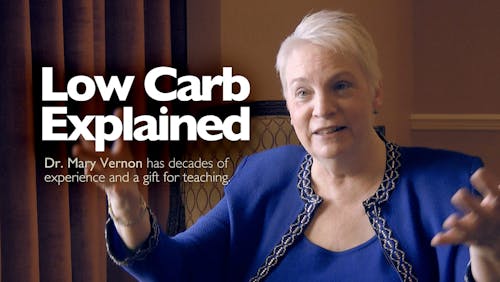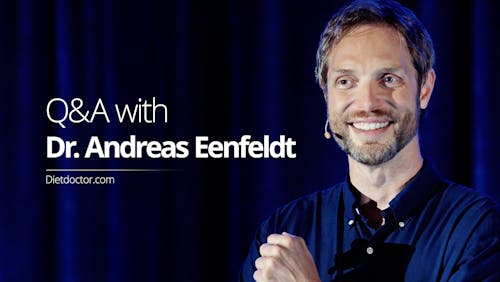Could a low-carb diet shorten your life?
A new study suggesting that a low-carb diet could shorten your life is all over media today. As usual when it comes to this kind of news piece, it is only based on food questionnaires (from 1987 to 1989 in this case), it’s just a statistical correlation, and it can’t – as the authors themselves say – prove anything.
Furthermore, as has been found in similar studies before, the correlation is not to low carb per se. Because people who eat a low-carb diet based mainly on plant sources have a longer average life than people eating higher-carb diets. So it’s only when looking at people eating higher-fat, meat-heavy diets that there’s a correlation:
Our data suggests that animal-based low carbohydrate diets, which are prevalent in North America and Europe, might be associated with shorter overall life span and should be discouraged.
Many similar studies have been published over the years with similar results. There are all kinds of huge weaknesses with them. The group of people who ate plenty of meat and fat during the 80s in the US – at the height of the fat phobia – appears on average not to have cared much about any healthy lifestyle advice. They smoked more, exercised less, consumed more alcohol, had a higher weight and more often diabetes, etc.
When these statistical studies find a link between a shorter life and a higher-fat, higher-meat diet, that diet often ends up getting blamed for everything, despite the study being completely unable to say what caused what (perhaps it was the smoking, drinking, driving fast, not exercising – who knows?).1
To conclude, the study is based on observational associations, that really can’t prove anything. Yes, people ignoring dietary advice, perhaps eating a “higher-fat” diet at McDonalds etc., or simply not caring about health advice in general, might be more likely to die a few years earlier. But this does not mean that the same applies to people who eat a healthy low-carb diet by choice – that’s a very different thing! And however anyone feels about it, no matter our bias, this study is just based on statistics and it simply can’t prove anything either way.
So how did the media do this time? The headlines below are actually pretty decent today, using words like “could”, “linked to” etc., with only one exception. CNN shows their ignorance with a headline that is simply incorrect, by using causal language. Sorry CNN, you may want to send your editors back to science class 101.
- BBC: Low-carb diets could shorten life, study suggests
- The Telegraph: Low-carb, high-fat diets could knock years off lifespan, 25-year study suggests
- Time: Eating This Many Carbs Is Linked to a Longer Life
- CNN: Low and high carb diets increase risk of early death, study finds
Most importantly, when looking beyond these weak statistical studies to higher-quality intervention trials (you know, where people actually try a low-carb diet), low-carb diets regularly result in more weight loss and improved health markers compared to other diets (list of studies and findings). And – important to at least one person – that’s what happened for me as well.
Added
Dr. Aseem Malhotra does a good job commenting on the study for BBC World News:
Earlier
Do unhealthy meat eaters live shorter lives?
Who is to blame for the obesity epidemic?
Why is there an obesity epidemic among Thai monks?
Low carb
Sure, the studies do try to adjust for other differences between the groups, but that introduces even more uncertainty, plus it’s impossible to correct for everything. ↩

